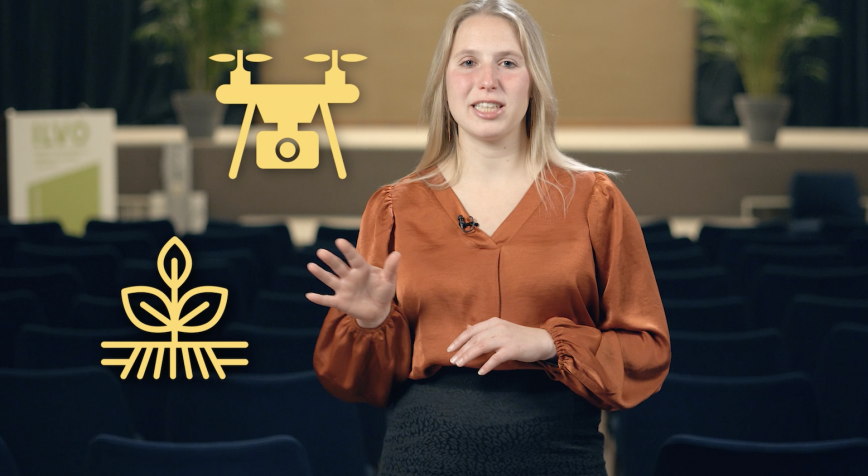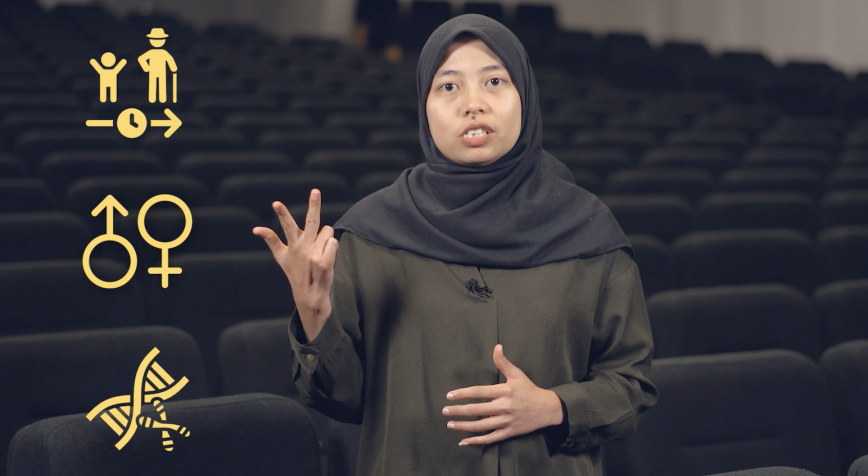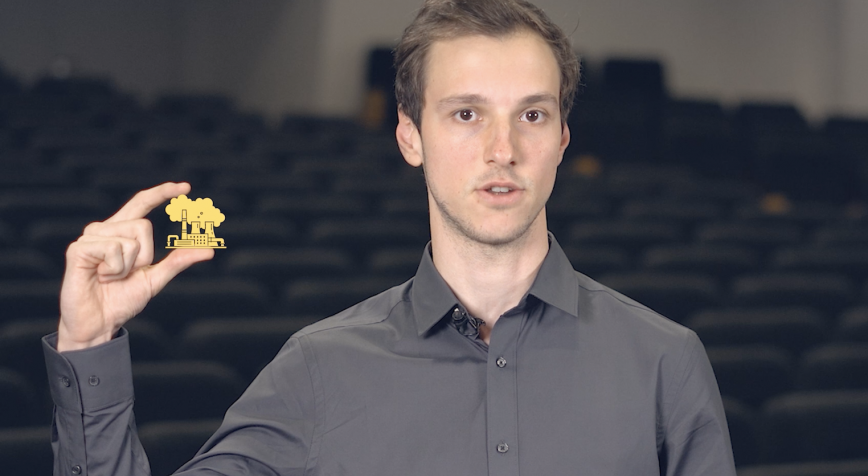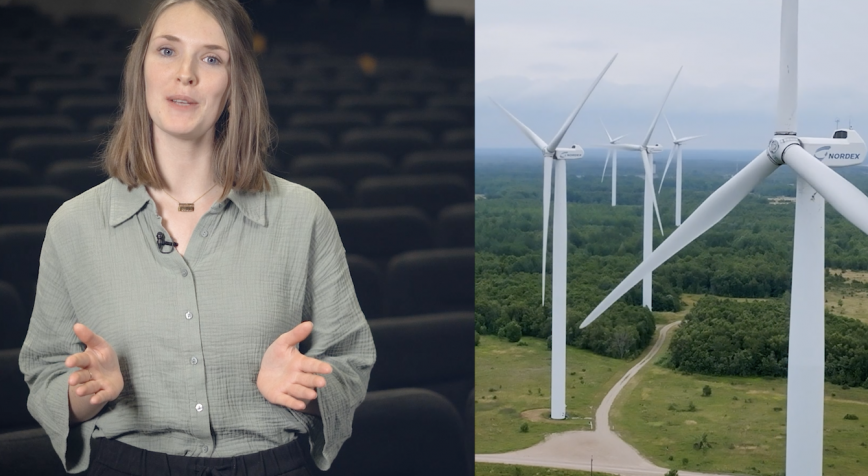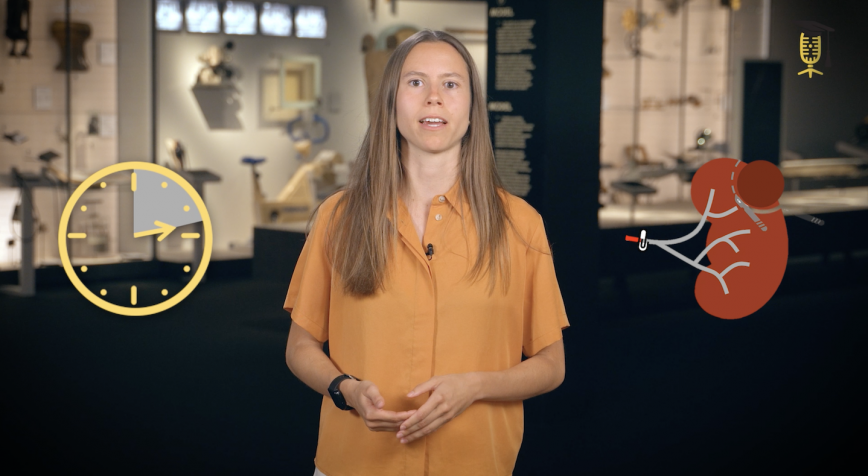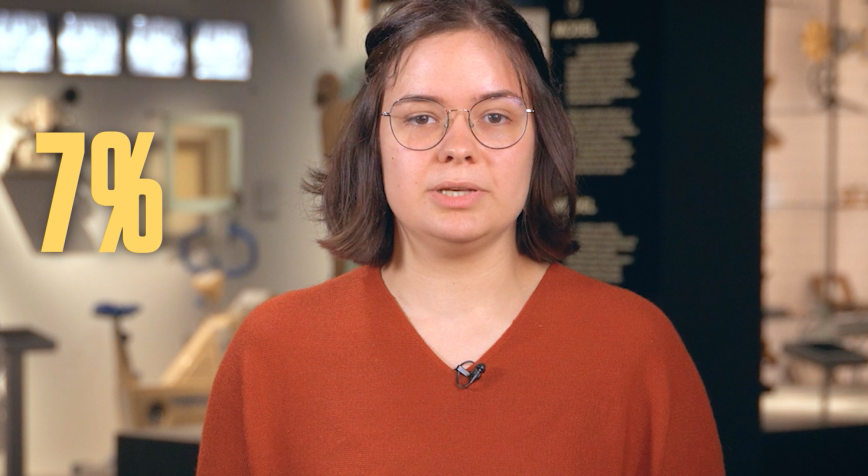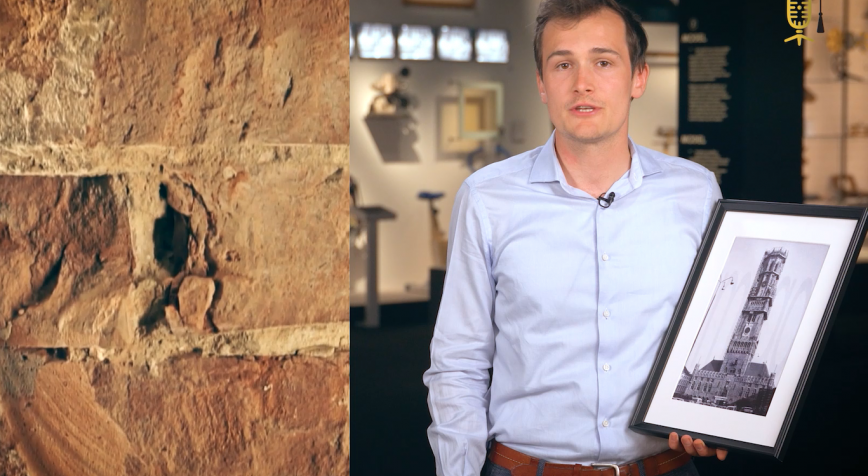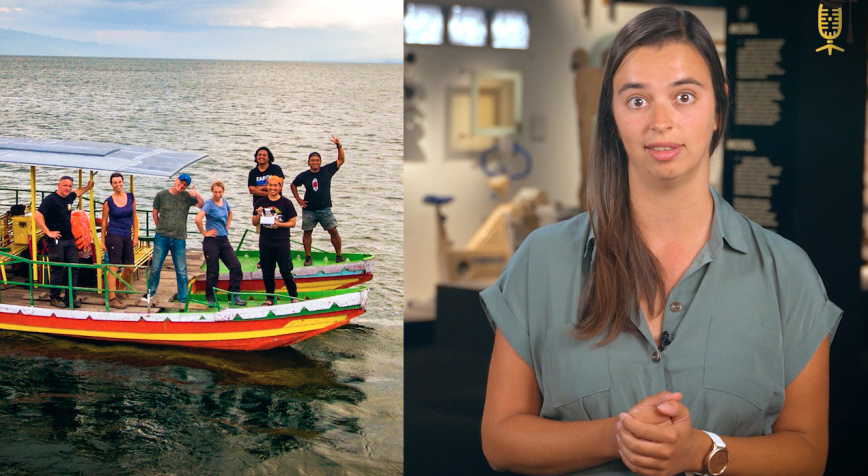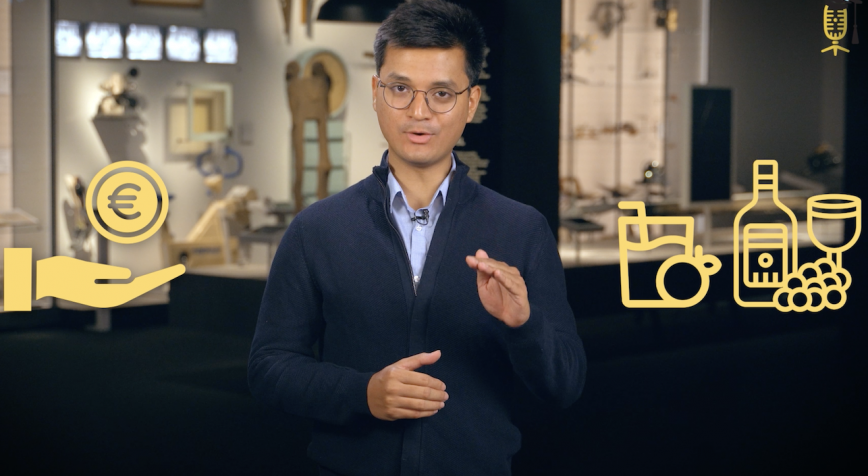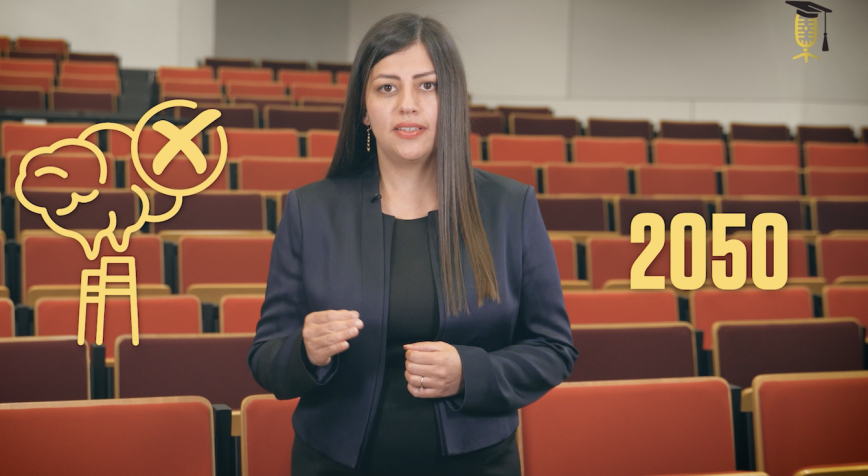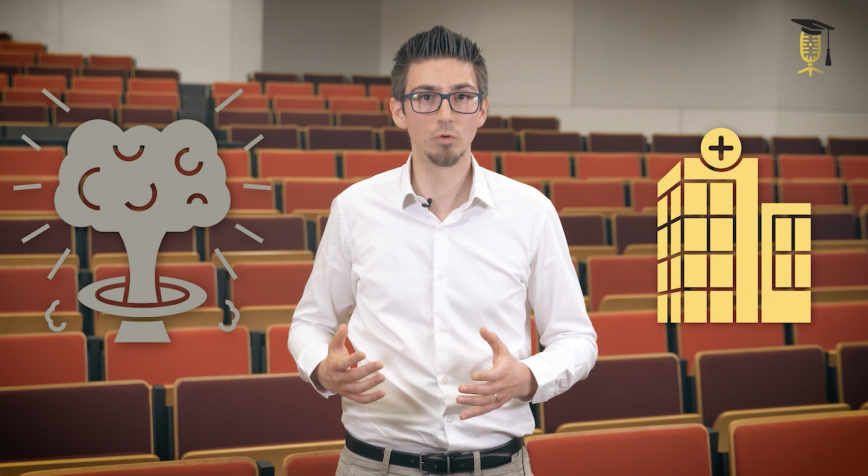
FWO
VIB
VUB
We ignore some lung cancer cells. Is that smart?
Up to 25% of the cells present in lung cancer tumours are currently ignored. As such, we don't know what the role of these so-called B cells is. "It is crucial to figure that out because we cannot efficiently fight something we do not fully understand," says Pauline Bardet (VUB - VIB - FWO).
In her PhD, she wants to get to the bottom of those B cells and thus find out whether those cells are "good guys" or "bad guys".
In her PhD, she wants to get to the bottom of those B cells and thus find out whether those cells are "good guys" or "bad guys".
